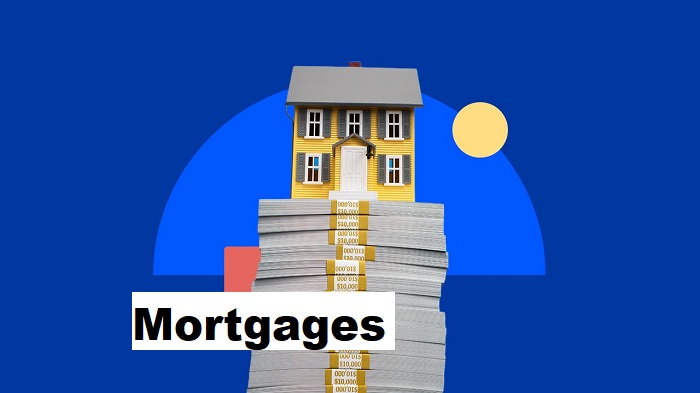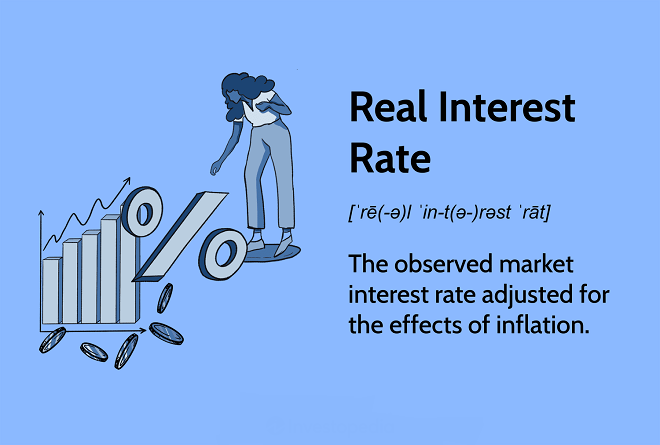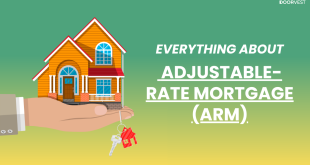Understanding the intricacies of mortgage rates and costs in the UK is crucial for anyone looking to buy a home or refinance their existing mortgage. The world of mortgages can be complex, with various types, rates, and hidden fees that can significantly impact the overall cost of your home loan. Let’s dive deep into the details to help you navigate this important financial decision.

What Are Mortgage Rates?
Mortgage rates are the interest rates charged by lenders on mortgage loans. These rates determine how much you’ll pay over the life of the loan. There are two main types of mortgage rates: fixed and variable.
Types of Mortgage Rates: Fixed vs. Variable
Fixed-rate mortgages have an interest rate that remains the same for a set period, typically between two to ten years. This stability means your monthly payments won’t change, making budgeting easier.
Variable-rate mortgages, on the other hand, have interest rates that can change over time, often in line with the Bank of England’s base rate or other benchmarks. This means your monthly payments can go up or down.
Factors Influencing Mortgage Rates
Several factors influence mortgage rates in the UK:
- Bank of England Base Rate: This is the primary driver of mortgage rates. When the base rate changes, mortgage rates usually follow.
- Economic Indicators: Inflation, employment rates, and economic growth can all affect mortgage rates.
- Lender’s Risk Assessment: Lenders assess the risk of lending to you based on your credit score, employment status, and overall financial health.
Types of Mortgages Available in the UK
There are various types of mortgages available to suit different needs:
- Fixed-Rate Mortgages: Stable payments for a fixed period.
- Variable-Rate Mortgages: Rates can change over time.
- Tracker Mortgages: Interest rates track the Bank of England base rate.
- Discount Mortgages: Offer a discount on the lender’s standard variable rate.
- Capped Rate Mortgages: Variable rates with an upper limit.
- Offset Mortgages: Link your savings to your mortgage to reduce the interest paid.
Fixed-Rate Mortgages
Benefits:
- Predictable payments
- Protection against interest rate rises
Drawbacks:
- Higher initial rates compared to some variable options
- Potentially higher costs if interest rates fall
Who should consider a fixed-rate mortgage? Those who prefer stability and can afford slightly higher initial rates for the certainty of fixed payments.
Variable-Rate Mortgages
Benefits:
- Often lower initial rates
- Potential savings if interest rates fall
Drawbacks:
- Uncertainty in monthly payments
- Risk of higher payments if interest rates rise
Who should consider a variable-rate mortgage? Those who are financially flexible and can handle potential increases in their monthly payments.
Understanding Mortgage Costs
Upfront Costs:
- Deposits: Typically 5-20% of the property’s value.
- Arrangement Fees: Fees charged by the lender for setting up the mortgage.
Ongoing Costs:
- Monthly Payments: Principal and interest payments made each month.
- Interest: The cost of borrowing the money.
Hidden Costs in Mortgages
Valuation Fees: Charged by the lender to assess the property’s value. Legal Fees: Costs associated with the legal work required to buy a property. Early Repayment Charges: Fees for paying off your mortgage early.
The Impact of Credit Scores on Mortgage Rates
Your credit score plays a significant role in determining your mortgage rate. Higher scores generally lead to better rates, while lower scores can result in higher costs.
Tips for Improving Your Credit Score:
- Pay bills on time
- Reduce debt levels
- Check your credit report for errors
How to Compare Mortgage Rates and Costs
Using Comparison Websites: Websites like MoneySuperMarket and Compare the Market allow you to compare different mortgage products.
Consulting with Mortgage Advisors: Professionals can provide personalized advice and access to exclusive deals.
Reading the Small Print: Ensure you understand all terms and conditions before committing.
Government Schemes and Incentives
The UK government offers several schemes to help people buy homes:
Help to Buy: Loans for new-build homes with a small deposit. Shared Ownership: Buy a share of a property and pay rent on the rest. Right to Buy: Discounts for council tenants to buy their rented homes.
Economic Trends and Their Impact on Mortgage Rates
Historical Trends: Mortgage rates have fluctuated significantly over the past decades, influenced by economic conditions and policy changes.
Future Predictions: While predicting future rates is challenging, economic forecasts and expert analyses can provide insights.
Tips for Securing the Best Mortgage Rates
- Shop Around: Compare offers from different lenders.
- Consider a Mortgage Broker: They can access a wider range of products.
- Timing Your Application: Apply when rates are favorable and your financial situation is strong.
Common Mistakes to Avoid When Choosing a Mortgage
- Overlooking Hidden Costs: Ensure all fees and charges are considered.
- Focusing Solely on Interest Rates: Look at the overall cost, including fees.
- Not Considering Future Financial Changes: Think about potential changes in income or expenses.

Conclusion
Navigating the world of mortgage rates and costs in the UK can be daunting, but with the right knowledge and tools, you can make informed decisions that will benefit your financial future. Remember to consider all aspects of mortgage costs, understand the impact of your credit score, and take advantage of government schemes where applicable.


